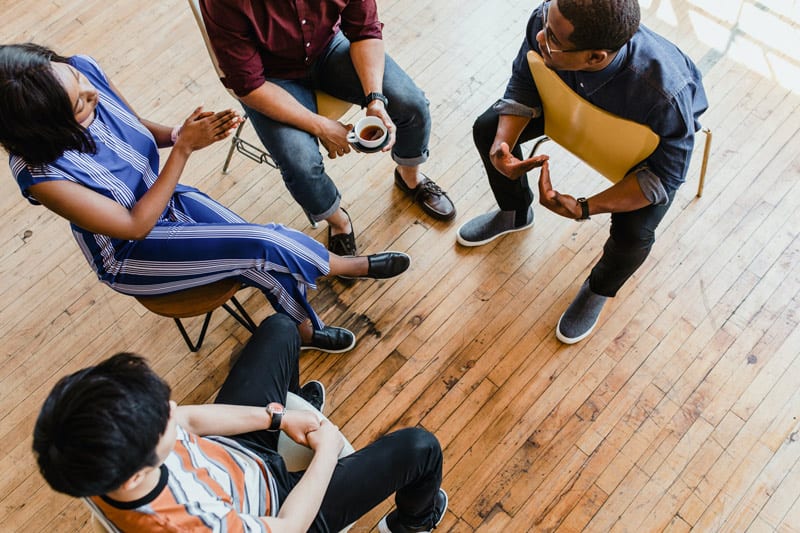ARMHS is a range of services that helps an individual develop and enhance psychiatric stability, social competencies, personal and emotional adjustment, and independent living and community skills.

Adult Rehabilitative Mental Health Services (ARMHS) empower individuals with mental health challenges to build skills for independent living and community integration. These services are designed to help people manage their mental health symptoms, improve their daily functioning, and achieve their personal recovery goals.
ARMHS can be provided in various settings, including the client’s home, workplace, or community locations, to support real-world skill application and growth. The program focuses on areas such as:
Ready to make a difference? Click below to connect with our expert team members and start the referral process!
The following services are billable as ARMHS:
ARMHS services may be provided in a variety of settings, including but not limited to:
The following services are not covered ARMHS:
Monday – Friday
08 : 00 AM – 06 : 00 PM
1516 W Lake St Suite 224 Minneapolis, MN 55408